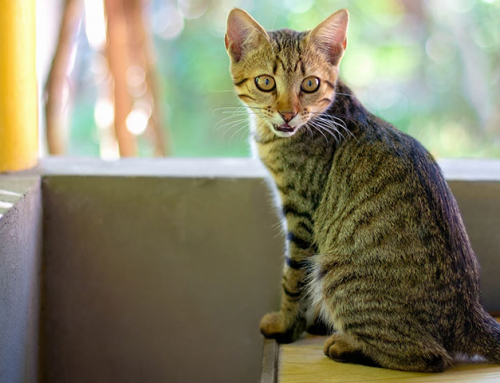Growing up, I knew I was destined to be in the health care field since most of my family was involved in medicine.
My parents both developed diabetes when I was a teenager and I decided to be actively involved with their care. I knew nothing about this illness, but I learned quickly because I was scared for them and for me.
My dad was prescribed an oral medication, began exercising and seemed to do well right after his diagnosis. My mom was a different story. Early on, she developed severe neuropathy in her legs and could barely walk. The doctor started her on multiple insulin shots each day. Unfortunately, she had extreme problems with her vision related to her diabetes and could not see to give her own shots. I learned the injection technique and helped my mom as much as I could.
From my experience helping my parents, it became an easy decision for my career. I became a registered nurse so I could help others control their diabetes. The plan was set in motion. I also loved fitness and decided to combine careers to become a certified diabetes educator.
After graduating college, I found a job in Atlanta, an apartment, and went to the pound to get a cat as my live-in roommate and instant companion. When I chose Simon, the vet commented on the size of his head and paws. The doctor said, “He will need his own bedroom!” I was not sure what that meant but I fell in love with him instantly. I fed him the top of the line kitty feast, assorted treats and some brand name dry food. This was the dream diet for any cat.
Less then four years later, I noticed Simon hiding in the closet, drinking a ton of water and acting fairly depressed. Guess what?! I had another family member with diabetes. I really diagnosed Simon before the vet did, but I requested the blood test to prove it. His blood sugar was over 500 and normal sugar numbers for cats are similar to people so I knew Simon was in trouble. He was my “baby doll” and now he required two insulin shots a day preferably 12 hours apart. No matter what was going on. I still had to be home at 7 a.m. and 7 p.m. to give Simon his shots. It is the very least I could do since he was my buddy.
Although he hated to be stuck, he must have known it helped him because he never ran away. I changed his food to a diabetes management variety which helped him trim down a bit. Simon received less cat treats and enjoyed more playing, which also helped with weight loss. Cats usually require different insulin than humans which call for special U-40 syringes. Simon lived for another 6 years with somewhat controlled diabetes. On the days when he acted strange or distant, I would test his blood sugar with a meter using his ear. I always had corn syrup and a syringe in case he had low readings.
Unfortunately, Simon passed on and after awhile I went back to the pound for another feline friend. His name is Chester and he also has diabetes. I definitely found the right profession and it came in very handy with my family members – including the fuzzy four-legged ones.
Here are my 5 tips for managing your pet’s diabetes:
- Make sure to start feeding your pet a low-calorie food – advised by your veterinarian. Most cats with diabetes are overweight and weight loss will help control their blood sugar.
- Do not leave the food dish out throughout the day. Leaving the dish out will allow your pet to overeat if the food is left out.
- Try to get your dog or cat to exercise. Since cats don’t walk, playing with them will give them some exercise and you’ll have fun too.
- Limit the treats to 4-6 pieces per day. Treats = extra calories.
- For cats, keep the litter box clean. Cats will have to urinate more and cats like a dry box.
Watch for these signs that your pet may have diabetes:
Diabetes symptoms in pets are very similar to those in people. Your pet will be hungrier, thirstier, may urinate more, and/or hide to sleep. This will continue until the blood sugar is addressed. You need to be aware of your pets behavior since they can’t tell you what is wrong. If you suspect your pet may have diabetes, take him/her to your veterinarian to do a blood test to analyze blood sugar and make a diagnosis.
Postscript: After finishing this article, I had to put Chester to sleep due to severe neuropathy. I will miss Chester forever, but I know I tried my best to care for him and his diabetes.






Leave A Comment